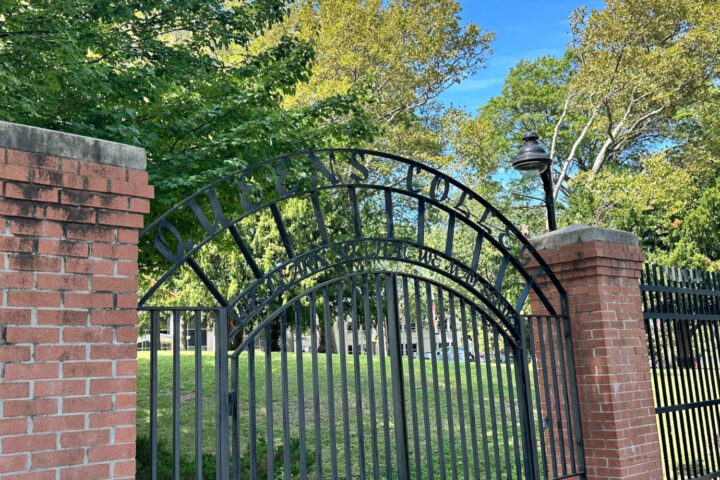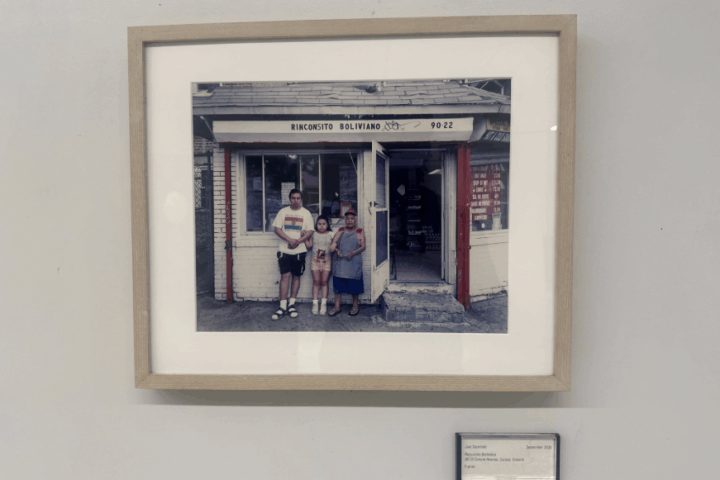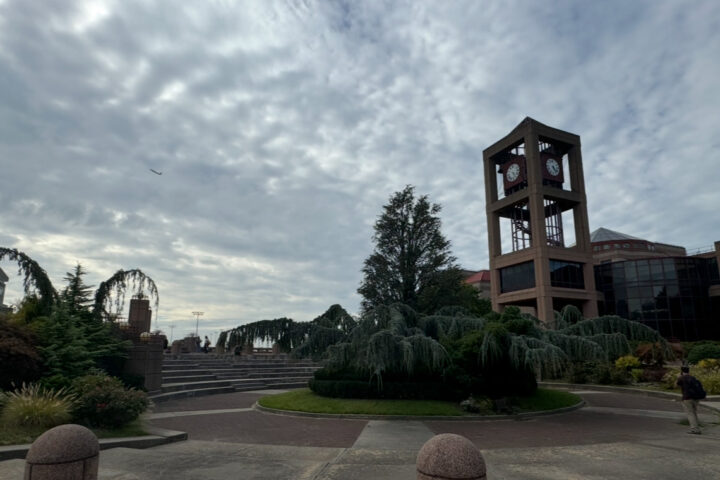CUNY students are still furiously lobbying for funding for coordinated HIV testing, which provides both testing and counseling, to be made available at health service centers at all 24 colleges.
Currently the Queens College Health Service Center partners with AIDS Center of Queens County to provide HIV rapid testing twice per month—first and third Wednesday of every month—and refer students to local health clinics for free and confidential testing.
According to associate director of HSC, Tsui-Fang Shen, for the past eight years of HIV screening at QC, all results have been negative.
With coordinated HIV testing readily available on campus, students will no longer have to wait for the HIV testing buses sent by the AIDS Center of Queens County to park outside the college and offer free testing. Having trained professionals on campus will not only eliminate waiting time, it will also provide confidentiality for patients going in and out of the van.
“How do you tell a 20-something kid that he was just diagnosed for HIV on the back of a bus?” CUNY LGBT task force coordinator and QC student, James Robinson said. “The person leaves crying and everyone knows what happens. There is no privacy in that procedure.”
According to the Centers for Disease Control and Prevention, African-Americans, Hispanics, injection drug users and men who have sex with men, make up about 95 percent of AIDS patients in the United States. Diagnoses amongst ages 20-24 are most common, making universities in NYC, hotspots.
Each of the CUNY colleges have a registered nurse on campus as well as a counseling center, but so far, no one in any of the campuses medical facilities provides free HIV testing to students, though outside contractors are frequent; pre and post counseling is available at Hunter and College of Staten Island. However, there are no trained staff members who can provide a combination of both with proper funding from the New York City Council.
The CUNY LGBT task force has lobbied for a year and a half at City Council, and even after receiving verbal support for their request from various council members, no progress has been made.
“I was very disappointed to find out that there were line items in there that exceeded $1 million, like cleaning pigeon poop, but nothing addressing the need for CUNY students to have coordinated HIV testing,” Robinson said.
Council members contacted included Daniel Dromm, Mark Weprin, Rosie Mendez and Jamie Van Bramer, all of whom were asked to put HIV testing on their legislative agenda’s and a request in their budget. Though all gave verbal support, none made it a priority. All four of their offices were contacted by The Knight News for further clarification but no response was received.
The CUNY LGBT task force aims to join the University of Wisconcin, NYU, UCLA, most of SUNY and various other urban universities in this venture.
A typical HIV diagnosis test consists of an oral swab kit that usually yields a result in about 20 minutes and costs around $44.
Aside from diagnosis and counseling, coordinated testing aims to educate about methods for safe-sex, access to treatment and most importantly, allow universities to gather statistics to better target the communities who are most prone, for prevention efforts.
Though hospitals in NYC, like the NY Hospital Medical Center, offer coordinated HIV testing, the task force believes providing this service to students on campus will only increase preventative efforts.
Since funding for this project has yet to be received, lobbying efforts, which previously included meetings and letter writing, now include campaigns via social networks like Twitter and Facebook.













